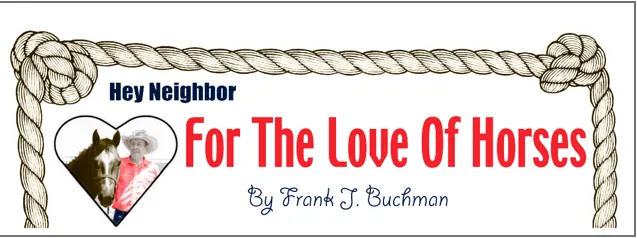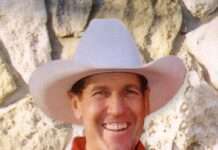Short takes
The shape of the ball
By John Marshall
Major league baseball is scrambled this year, starting with a covid-shortened season (60 games), empty stadiums and post season play confined to sporting biospheres, virus-free (it is hoped).
The playoffs are Yankees-free although not quite mask-free, although the biosphere is supposed to make the bare face less risky. Television viewers have been treated to the pleasing background of piped-in crowd noise – pleasing to most, that is. And it seems there are fewer ghastly video hieroglyphics dancing over the screen, those intrusive math and physics lectures (route efficiency, bat speed, exit velocity, spin rate and so on) that disrupt the feel of the game and the flow of the broadcast.
Baseball is always changing. The rules, the format, the shaping of rosters, the show biz gimmicks; even the wardrobes are tweaked almost daily. We’re reminded again of what the late Tug McGraw had to say about this in a Time Magazine article on baseball long ago. Tug McGraw, who pitched for Philadelphia, was asked about the lightning-quick changes to the game, and what he liked most about the game’s changed format.
McGraw thought for a moment, then replied: “The shape of the ball. We must never change the shape of the ball.”
*
Warnings: covid and rattlesnakes
Last month, Lee Norman, the Kansas Secretary of Health and Environment, announced a plan to inform the public about the state’s covid hot spots – where outbreaks were severe. The plan caused a ruckus. Protestors said it was cruel to point fingers at places with high rates of infection or death, or both. The idea was to identify certain danger zones, inform the public and allow an informed choice. People, aware, could then choose to steer clear or not.
The storm has subsided, but it recalls an experience years ago, when I worked for the Navy at its vast recreation complex in the desert hills east of San Diego. The facility included two golf courses. My assignment, beyond shovel work, included the occasional maintenance of bright wooden signs that warned:
DANGER
RATTLESNAKE AREA
The golf layouts had upset the environment and wrecked a lot of habitat, including snake dens. The danger signs were on stakes just yards off the fairways, in sand and thick scrub, and near thickets of bamboo. Players appreciated the signs and gave them wide berth.
The link holds for covid-Kansas today. We appreciate warnings when danger lurks – the sharp curve in a road, the approaching blizzard, water not for swimming, the tornado siren.
A week or so ago nearly 70,000 Kansans had been infected with covid, 3,300 were hospitalized and nearly 800 had died. Positive tests were on the rise, to 700 a day.
The silent, unseen covid is deadlier than a viper, and where is it? It makes sense to identify the danger zones where the virus lurks, silent and unseen. At the least we can be aware and choose to stay away. Or not.
*
On diplomacy
The world, no longer our oyster, is teeming with neighbors, nervous allies, emboldened adversaries. There is a lot of confusion these days about our role in global affairs, the role of diplomacy among nations and America’s responsibilities in international affairs. Mike Pompeo, the former congressman from Kansas, former CIA director and now Secretary of State, is accustomed to doing things in a big way. He talks rough in an even voice, preferring the lecture to the appeal. He tells the leaders of other nations that they must have a keen appreciation for Donald Trump’s greatness and power, and America’s might as a world giant.
This approach is shaky, confusing fear and respect. Our influence is strong only if diplomacy is on strong footing, if we understand the politics, cultures and sympathies of other nations. The late George Kennan, a renowned former ambassador, said the central function of a diplomat is to serve “as a sensitive, accurate, and intelligent channel of communication between one’s own government and another one.”
Careful notes are essential, he said. Diplomatic interviews or exchanges must be reported conscientiously, in full. The record must never be distorted, however imperceptibly.
But an old hysterical sort of anticommunism is gaining currency at the State Department. It fails to distinguish progressive social doctrine from the rivalry of political machines which appropriate and abuse the slogans of socialism. In fact, we have already adopted elements of socialism – social security, Medicare and Medicaid, emergency rooms, police and fire protections, for starters. Other places – Canada, Scandinavia, Europe – have expanded those elements.
Bluster, casting blame, making threats was once foreign to the nature of the best diplomats. In another time, their integrity was flawless, beyond challenge. In another time our diplomacy was to help make a better world, not an anxious one.
***




